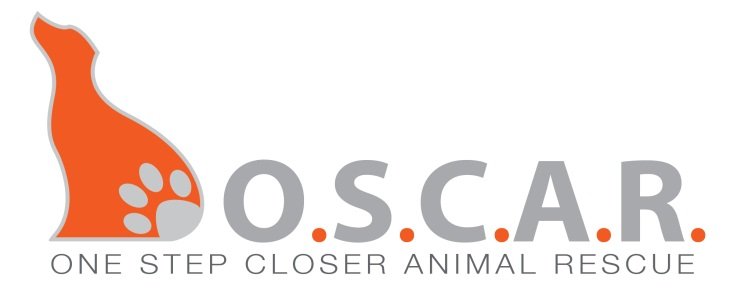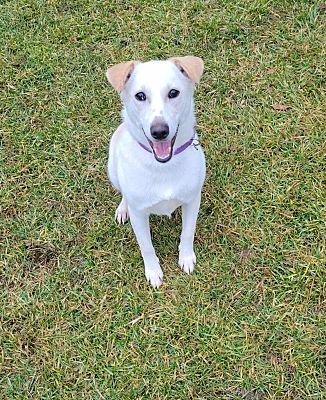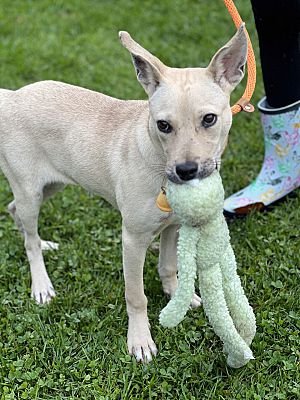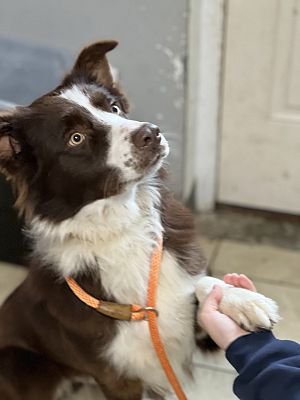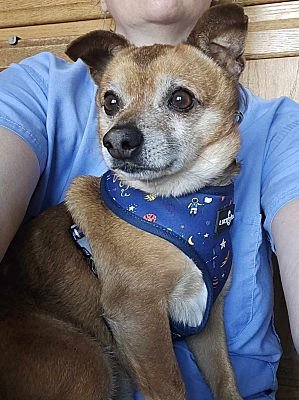SUMMER HEAT: PLEASE remember not to leave a dog in your car during the hot summer months. If you see one in a car please call the local police department. Many dogs die every summer from this!
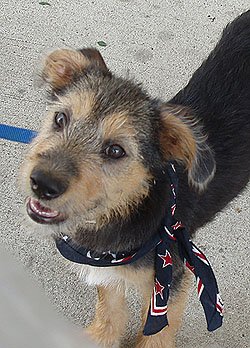
Have you ever noticed how hot it can get inside a car on a summer day—far hotter than it is outside? That’s because a car acts like a greenhouse, trapping the sun’s heat.
Cracking the windows doesn’t cut it.
So where are the danger zones? The most obvious is your car: It can become a death trap even on a mild sunny day—and can insidiously raise the car’s temperature to well above 120 degrees! Never, ever leave your pet inside the car. If Fido can’t come with you when you get out of the car, leave him at home.
What are some other dangerous situations for your pets?
Leaving animals outdoors without shelter is just as dangerous as leaving them inside a hot car. Be sure they are NOT left in a cage in the hot sun, on a chain in the backyard, or outdoors in a run without sufficient shade or air circulation.
Dogs are more susceptible to heat than you are.
Especially during the summer season, provide your dog with a cool resting place. Do not force your dog to run or walk with you or to perform exercises if a dog is not willing to do so. Give them plenty of fresh, water to drink.
If you find your dog to be feeling restless due to heat, do not hesitate to contact a veterinary doctor as heatstroke for dogs can be life threatening for them.
Signs of Heatstroke
- Panting
- Staring
- Anxious expression
- Refusal to obey commands
- Warm, dry skin
- High fever
- Rapid heartbeat
- Vomiting
- Collapse
More Pet Safety Tips
Collar & Leash
Dogs should always be in collar. Even while bathing, he should not be without the collar. A tag mentioning the name of the dog, the owner’s name, and address should always be attached to the dog’s collar. Also, ALWAYS use a leash when you are taking your dog out for a walk. If there is a swimming pool at your house, make sure to train your puppy not to go close to the pool.
Attention & Attachment
Your dog will need plenty of attention so you and he/she will develop a close relationship. Especially if your dog is large, you will need to devote a considerable amount of time to increase the sense of attachment between you and your pet. Otherwise, you will find abnormal behavioral changes in your dog.
Flea Prevention
You should take up effective steps to save your dog from the attack of fleas. You may even consult a vet doctor regarding how to get rid of fleas and heart worms. You vet may suggest effective flea control suggestions like topical application of Advantage, Front line, Revolution, Sentinel and such. You are advised NOT to use flea collars as they can be dangerous for the health of your dog.
Routine Vet Care & Vaccinations
Keep your pet up-to-date on all the vaccinations. Take your dog or cat to the veterinary clinic for periodic, routine check-ups.
Importance of Spay/Neuter
Make sure to spay or neuter your dog. Please help prevent pet overpopulation. It is also beneficial for the health of the dog as well. You will find your dog to be less restless, less aggressive as well as less susceptible to diseases like prostrate cancer and the development of tumors related to hormonal activities.
Have your dog neutered when he or she reaches the age of 5 to 6 months. A female dog if neutered will not have to bear the emotional turmoil and the bleeding (heat cycle) that takes place in every three months. The scent of a female when in heat may attract male dogs that are even miles away from her. They might gather near her and may even fight among themselves.
